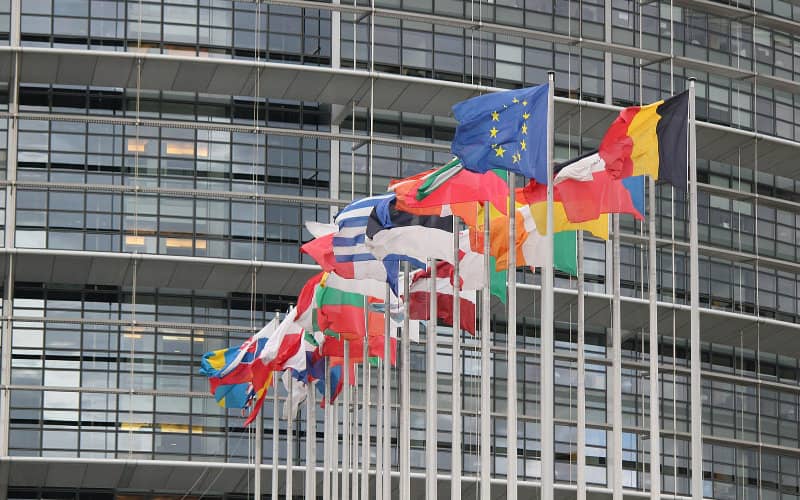EU Unveils Ambitious Mediterranean Pact to Boost Trade and Counter Global Rivals

The European Union (EU) wants to strengthen its trade relations with certain North African and Middle Eastern countries, including Morocco. To this end, it is considering setting up a pact for the Mediterranean, in a context of increased competition with the United States and China.
This strategic program for the Mediterranean aims to remove trade barriers with these North African and Middle Eastern countries and to "align them with the rules of the EU single market," according to a note from the European Commission dated before April 2025, consulted by Euronews. This concerns in particular Morocco, Algeria, Egypt, Tunisia, Lebanon, Libya, Israel, Palestine, Jordan, and Syria.
To reduce Europe’s dependence on Russia and China, the European Commission, under the leadership of President Ursula von der Leyen, is advocating for the diversification of trade exchanges. The project should be presented in mid-October. "The consultations will also aim to integrate the perspectives of the neighbors, in particular the Gulf countries and Turkey, recognizing their important strategic interests, their contribution and their influence in the region," the document states.
"Many [EU Member States] propose to modernize existing agreements and eliminate trade barriers, calling for alignment with the rules of the single market and support for convergence in sectors such as digital, energy, environment and labor standards," it reads. The initiative is not new. In 1995, the EU member countries had agreed, during the "Barcelona Declaration," to create a Euro-Mediterranean free trade area (EMFTA). A project that has never materialized.
With the future pact for the Mediterranean, the EU member countries wish to strengthen their trade relations with the MENA region, in particular "regulatory alignment, market access and support for local producers." The document stresses that "the proposals include laws inspired by the [General Data Protection Regulation] and online administration tools, as well as peer exchanges to support convergence. A group of partner countries is prioritizing convergence on clean energy and environmental standards."
Related Articles
-

Morocco’s Airport Revolution: $4.4 Billion Boost for Marrakech and Agadir Hubs
27 August 2025
-

Cocaine Cash Fuels Casablanca Real Estate Boom: Authorities Probe Suspicious Developers
27 August 2025
-

EasyJet Unveils Moroccan Palace Illusion in Lyon, Boosting Tourism to 5 Exotic Cities
27 August 2025
-

Morocco’s Traditional Clothing Rental Crisis: Cultural Heritage at Risk as Customers Neglect Cherished Attire
27 August 2025
-

Moroccan Physicists Shatter Global Rankings: 4 Scientists Among World’s Top 200 in Groundbreaking Research
26 August 2025